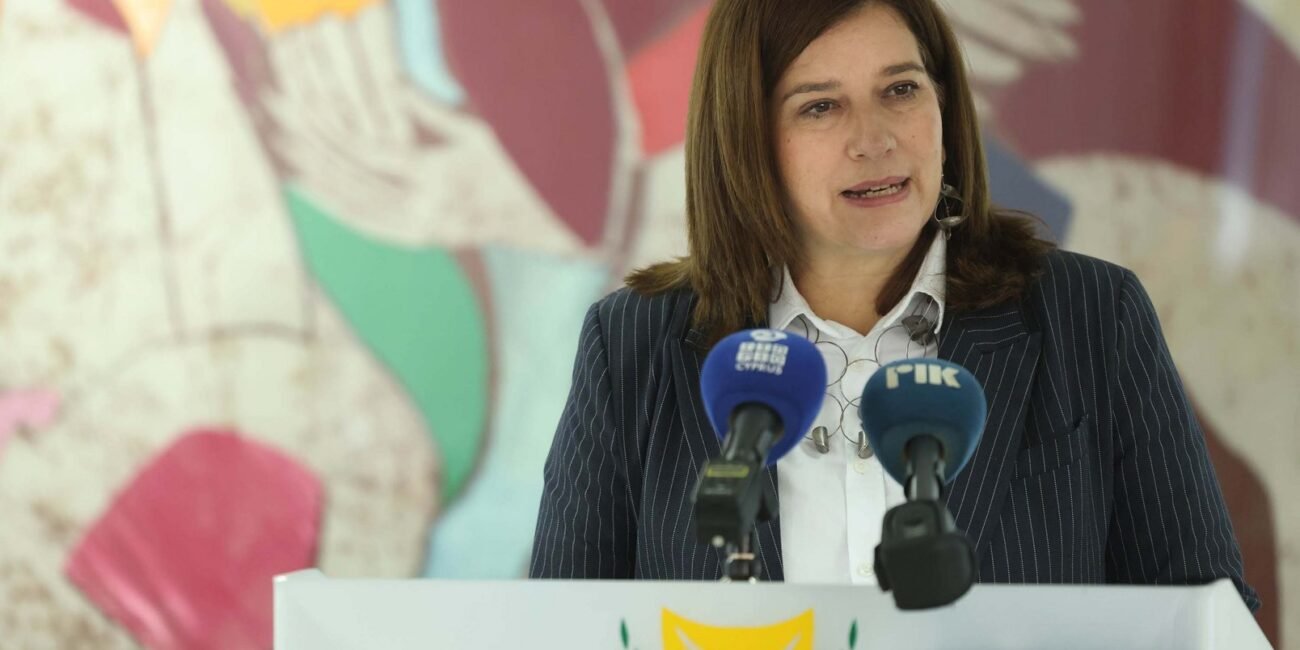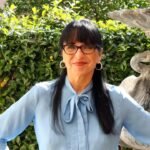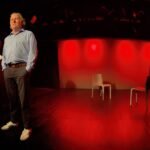The association of visual artists and art theorists (Phytorio) has condemned the government’s decision to withdraw a publication linked to the 2025 Venice architecture biennale, calling it “a form of censorship” and warning of growing control over artistic expression.
In a strongly worded statement released on Thursday, Phytorio expressed “deep concern and regret” over the move by the deputy minister of culture, accusing the state of undermining democracy and freedom of expression.
“We consider this act a form of censorship,” the association said.
“We declare our full solidarity with the Cyprus Pavilion team.”
The controversy erupted after Diko MP Pavlos Mylonas, who chairs the House education and culture committee, raised concerns in a public intervention. He accused the government of failing to properly oversee cultural funding and content.
In response, Deputy Minister for Culture Vasiliki Kassianidou issued immediate instructions for the book’s withdrawal. She cited “problematic reports” and said the publication had not received the required official approval.
The book, produced for Cyprus’ national participation in the prestigious international architecture exhibition, includes artistic reflections in the Cypriot dialect and references to the 1974 Turkish invasion. It was this content, sources say, that raised flags within the ministry.
Kassianidou defended the move, saying in a written statement that artistic freedom must be balanced with state responsibility.
“The ministry has a duty to ensure transparency and proper procedures when the state is officially represented abroad,” she said.
She also announced a post-biennale review of the state’s participation and signalled that structural changes were already in motion to improve oversight. Among the concerns raised were the failure to use Cyprus’ official languages in the publication, which she said required corrective measures.
But the art association argues that the real issue lies elsewhere.
“What is fundamentally problematic is the centralised and controlling approach to the management of Cyprus’ cultural representation in an international institution,” the association said.
“This practice suggests that any participation must conform to predetermined narratives, thus undermining creative independence.”
The group also criticised what it described as selective readings of the text.
“Individual phrases were taken out of context,” it added.
“Such actions belong to authoritarian regimes, not democratic cultural frameworks.”
The association posed a broader question:
“When does institutional power cease to function as a guarantor of cultural freedom and become a mechanism of repression?”
Kassianidou has requested a detailed report from the editorial team and the department of contemporary culture. While reiterating her respect for artistic expression, she insisted that Cyprus must protect its cultural image abroad and ensure works reflect shared national values.
But for the artists’ association, the move signals a threat to the very foundation of cultural democracy.
“Artists and curators must be able to express their positions, even when they are politically charged or disturbing,” the statement said.
“Critical thinking does not thrive in a climate of control or intimidation.”
Calling on institutions, curators and cultural organisations to stand firm, the Incubator urged them to “defend artistic freedom and reject any form of censorship, whether direct or indirect.”
“Democracy is tested and judged by how it manages dissent,” the statement concluded, “not by how it silences it.”




No Comment! Be the first one.